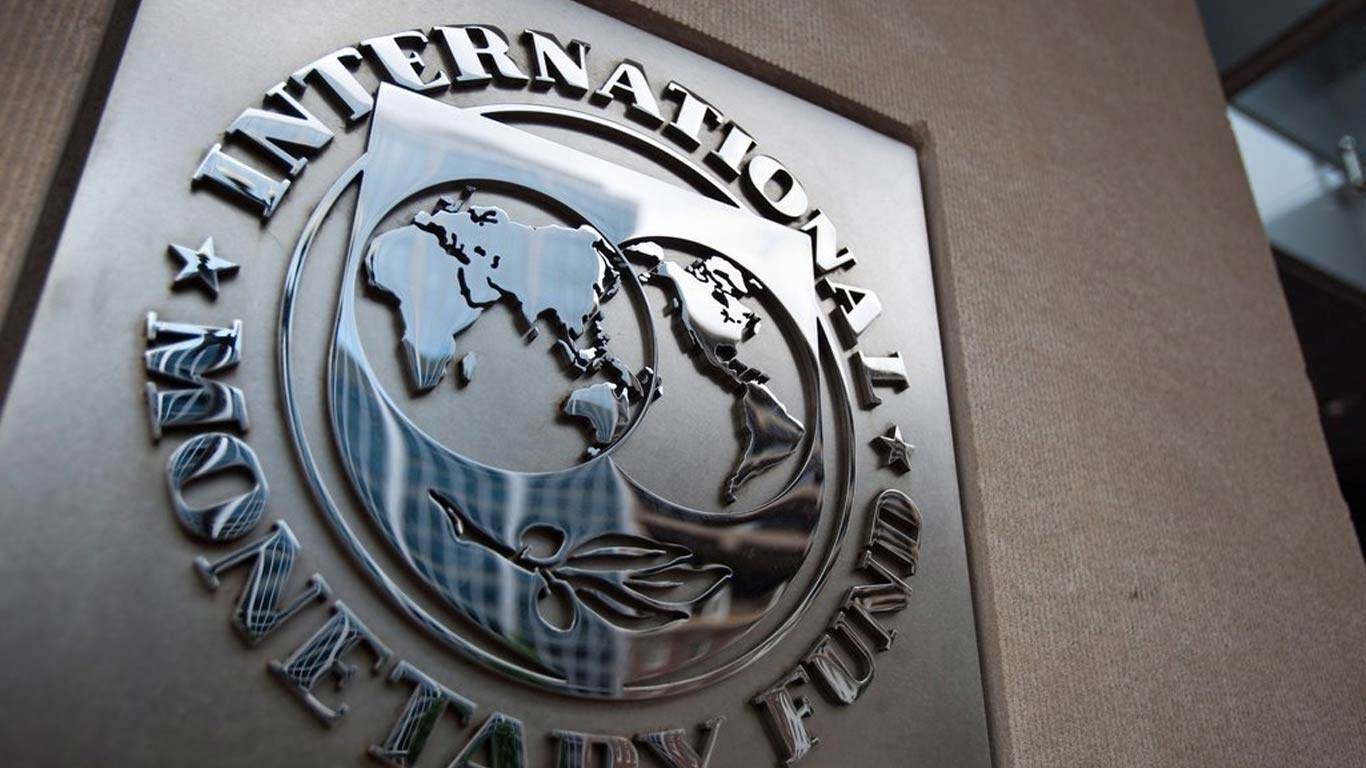Max limit for investment in Inflation Indexed Bonds-Cumulative increases to Rs 10 lakh/annum
Updated: Mar 26, 2014 02:13:15pm

“Government of India hereby notifies that the maximum limit for investment in Inflation Indexed National Savings Securities – Cumulative has been increased to Rs.10 lakh per annum for eligible individual investors and Rs.25 lakh per annum for institutions such as HUFs, Charitable Trusts, Education Endowments and similar institutions which are not pro-profit in nature,” RBI today said in a notification.
The subscription will close on March 31, 2014, RBI added.
RBI had launched the Inflation Indexed National Saving Securities-Cumulative (IINSS-C) to protect small investors against inflation which has been eating into their real savings.
Only retail investors would be eligible to invest in these securities. The retail investors would include individuals, Hindu Undivided Family (HUF), charitable institutions registered under section 25 of the Indian Companies Act and Universities incorporated by Central, State or Provincial Act or declared to be a university under section 3 of the University Grants Commission Act, 1956 (3 of 1956).
Earlier, the minimum limit for investment was Rs 5,000 and the maximum limit was Rs 5 lakh per applicant per annum.
In the Inflation Indexed Bonds, the interest rate would be linked to Consumer Price Index (CPI). Rate would comprise two parts -- fixed rate (1.5 per cent per annum) and inflation rate based on CPI. The same will be compounded in the principal on half-yearly basis and paid at the time of maturity. Since it is the CPI inflation that impacts the people significantly, this offers a better hedge against inflation.
Early redemptions, to be allowed only on coupon dates, will be allowed after one year from date of issue for senior citizens (65 years and above of age) and 3 years for all others, subject to penalty charges at the rate of 50 per cent of the last coupon payable for early redemption.
These securities will be issued in the form of Bonds Ledger Account (BLA). The securities in the form of BLA will be issued and held with RBI and thus RBI will act as central depository.
As distribution or sale of bonds would be through banks, the investors may approach branches of State Bank of India and its associate banks and all nationalised banks.
Eligible investors can also buy bonds from three private sector banks -- HDFC Bank, ICICI Bank and Axis Bank -and Stock Holding Corporation of India.
These bonds were launched as instruments that will protect savings from inflation, especially the savings of the poor and middle classes. (KNN/SD)











